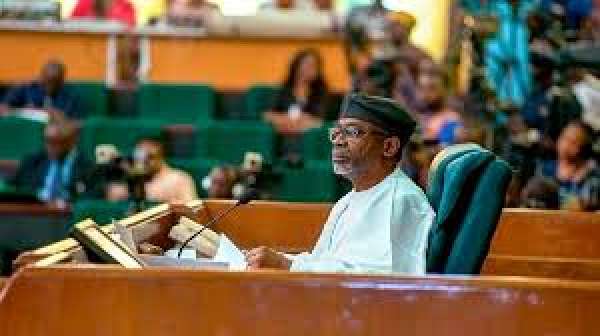Crude oil prices spiked above $93 a barrel on Friday, the highest since October 1, 2014.
Brent crude futures, the global oil benchmark, rose more than 2.9 percent to $93.54.
Similarly, West Texas Intermediate (WTI) crude futures increased 2.5 percent to $92 a barrel.
Over the past months, oil prices have continued to surge as countries relaxed lockdowns and dropped travel restrictions.
On Wednesday, the Organisation of the Petroleum Exporting Countries (OPEC) and allies led by Russia, known as OPEC+, agreed to increase output by 400,000 barrels per day (bpd).
Carsten Fritsch, a commodity analyst at Commerzbank, told Reuters that “the latest upswing was triggered by a cold snap in Texas, which is fuelling concerns about production outages in the Permian Basin, the largest U.S. shale play”.
A massive winter storm had swept across central and north-east regions of the United States on Thursday, knocking out power in parts of six states.
The oil market also gained support from tensions surrounding the Ukraine crisis, which raised concerns about potential supply disruptions.
The rise in global crude oil prices should portend an upturn for Nigeria’s revenue — but subsidy payments shortchanged the government.
In December 2021, subsidy payment gulped N270 billion, amounting to N1.43 trillion in annual expense, shrinking revenue accrued to the federation account.





